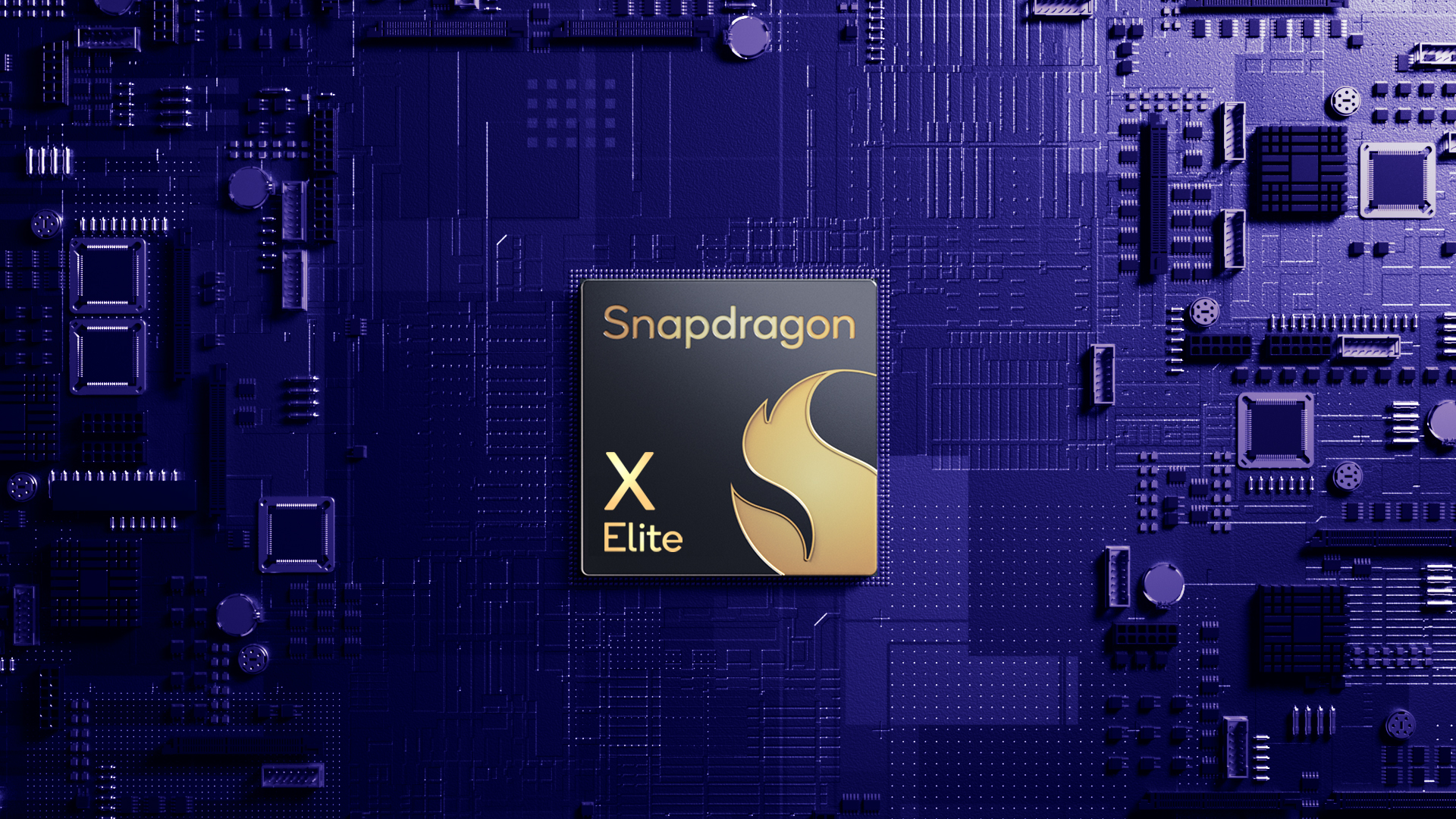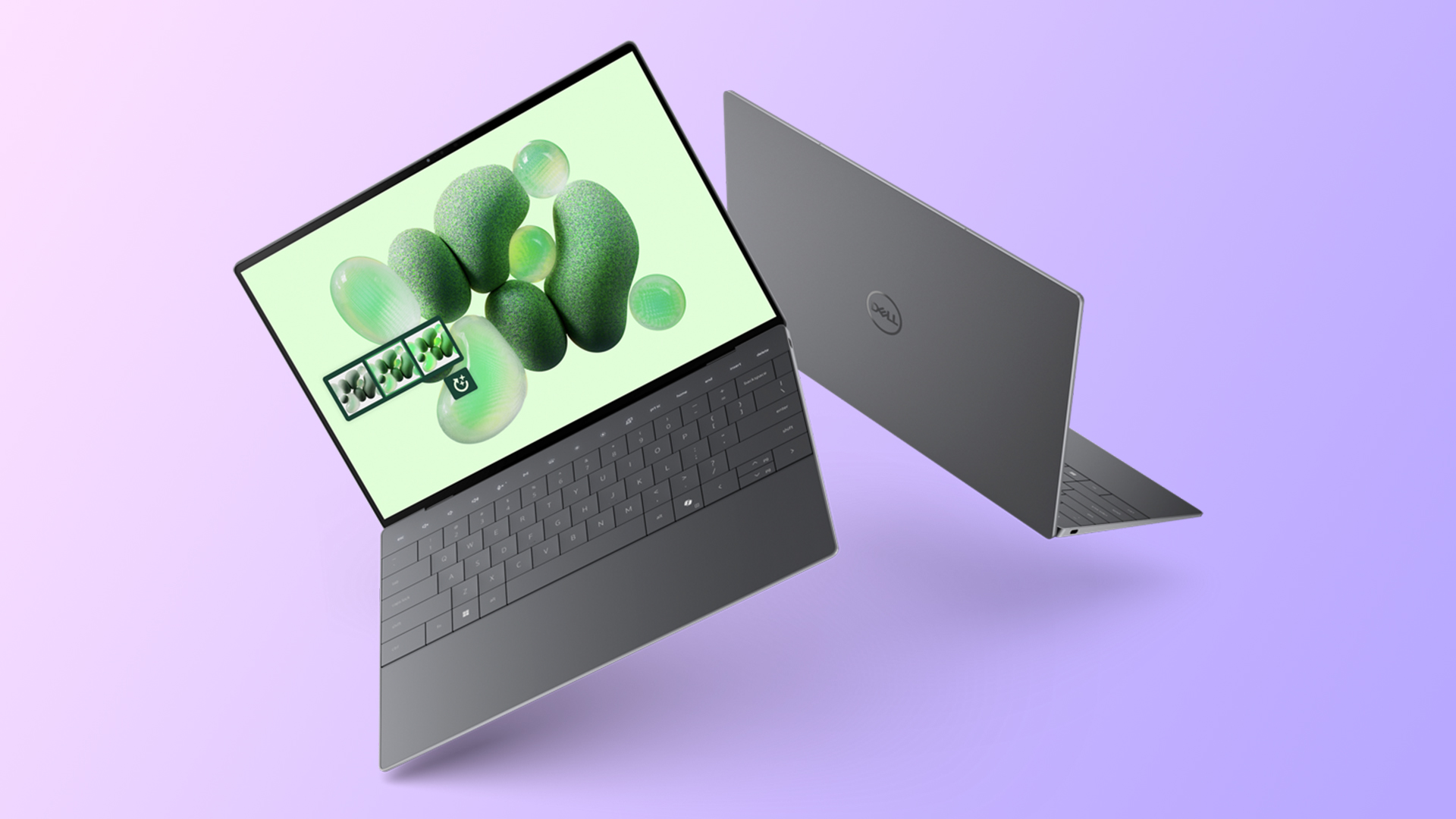
If you like to stay on the cutting edge of computing tech (like us here at Tom's Guide), then you've probably heard about the impressive performance of Qualcomm's new Snapdragon X Elite processors. The silicon, tailored especially for Microsoft's AI-infused Copilot+ PCs, is ARM-based, and helps achieve frightening levels of performance – but you might want to hold fire for now.
That's because currently, many of the best VPNs won't work on your shiny new ARM-based laptop. If you value your privacy and security when browsing online, then that could be a deal breaker.
What's the problem?
Although cutting-edge, Windows ARM laptops aren't currently supported by most VPN apps yet. They're perfectly compatible with both the WireGuard and OpenVPN encryption protocols, but the apps themselves have not yet been developed by many of the top providers just. That includes some of the best Windows VPNs like NordVPN and ExpressVPN.
In the absence of native versions, Windows does "translate" standard Windows apps to the ARM setup, but the best performance will only come with purpose-built versions.
Chief Engineering Officer at ExpressVPN, Peter Membrey, states that "while emulation is good enough for most software (and it works surprisingly well to be fair), it doesn't fare so well when the software is specialist or integrates deeply with the operating system, which of course is what VPNs do."
With VPNs in particular, you can't take your chances with a rough-around-the-edges product, and Qualcomm doesn't suggest using any apps not on this list, compiled by our friends at TechRadar.

What's the answer?
If you're privacy conscious, then our advice goes two ways. If you already subscribe to a VPN that doesn't yet support Snapdragon, we would suggest holding fire on buying one of these machines for now.
If you're hungry for a new laptop now, then you could always try an Intel-powered Windows device or a MacBook instead – there are no such issues when it comes to the best Mac VPNs.
There are actually a couple of VPNs that are all ready to use ARM's x86_64 architecture. Surfshark and Windscribe are both ARM compatible with Surshark's Product Manager for VPN Justas Pukys saying it was a priority to "enhance our app's functionality, provide a seamless experience for a broader user base and ensure our VPN app's availability in the Microsoft Store."
Ultimately it is a question of waiting for the world to catch up with this new hardware, but it seems quite the task to get apps natively working on ARM hardware.
Peter Membrey explains: "The only foolproof solution to fix this issue is to rebuild everything natively for ARM, which is what we're currently working on at ExpressVPN. This means no emulation layer is needed, and things will run smoothly as expected."
Private Internet Access believes they are close to a solution, with Himmat Bains, Head of Product at PIA saying: "PIA has been working closely with Microsoft’s product team to get [the driver certificate signature] unblocked, and we are now in the final testing stages for our ARM alpha. We will have a beta version ready for PIA users in the coming weeks".
When it comes to the other top VPN providers, NordVPN has promised their ARM app "is in the final stages of development" while for now, users should try "setting up a manual connection on Windows using OpenVPN"
On balance then, it looks like it won't be long until most large VPN providers have suitable software available.
Already have an ARM laptop?
Are you an early adopter? Not to worry – you don't need to accept second-rate privacy. As we've mentioned, some providers do already have compatible apps, they're just currently in the minority.
If your provider of choice hasn't got an app ready yet, then our advice would be to use one of the best router VPNs to apply protection to your whole device network and avoid using public Wi-FI. At the very least, take extra precautions to protect yourself online until the apps are released.







